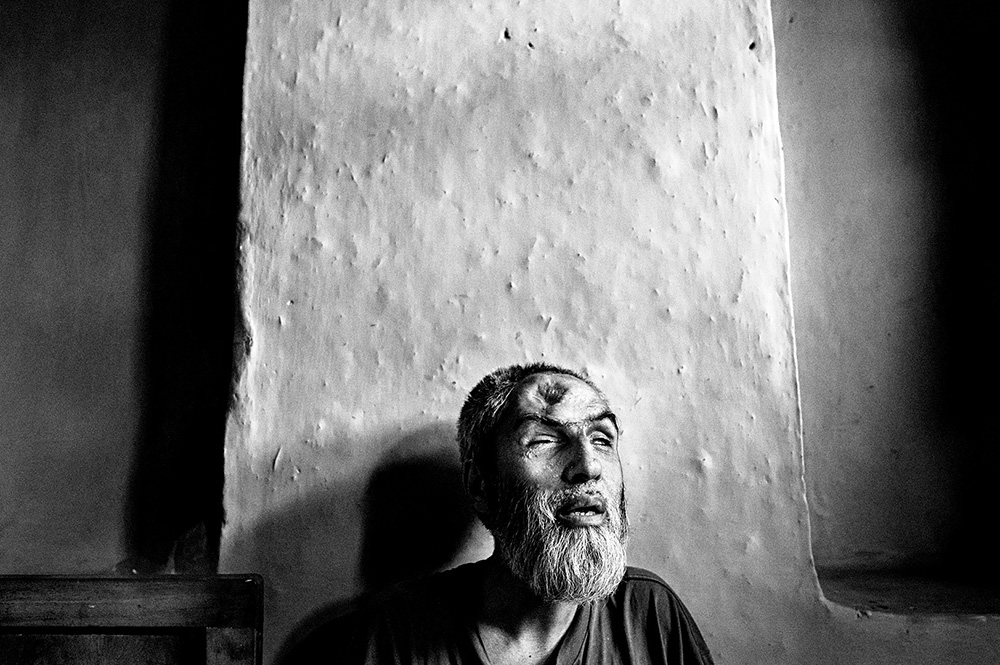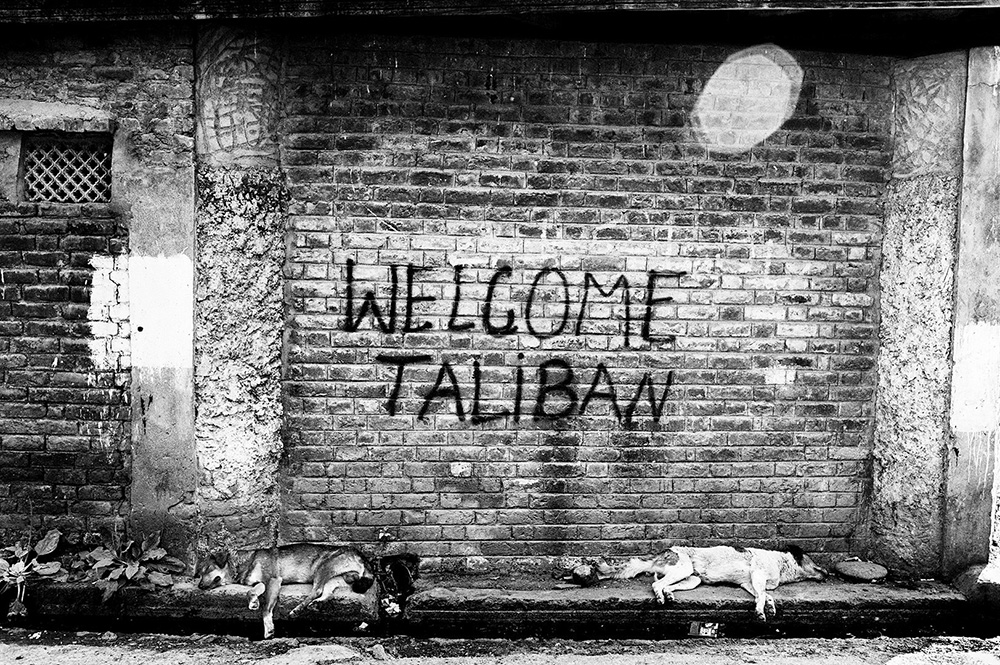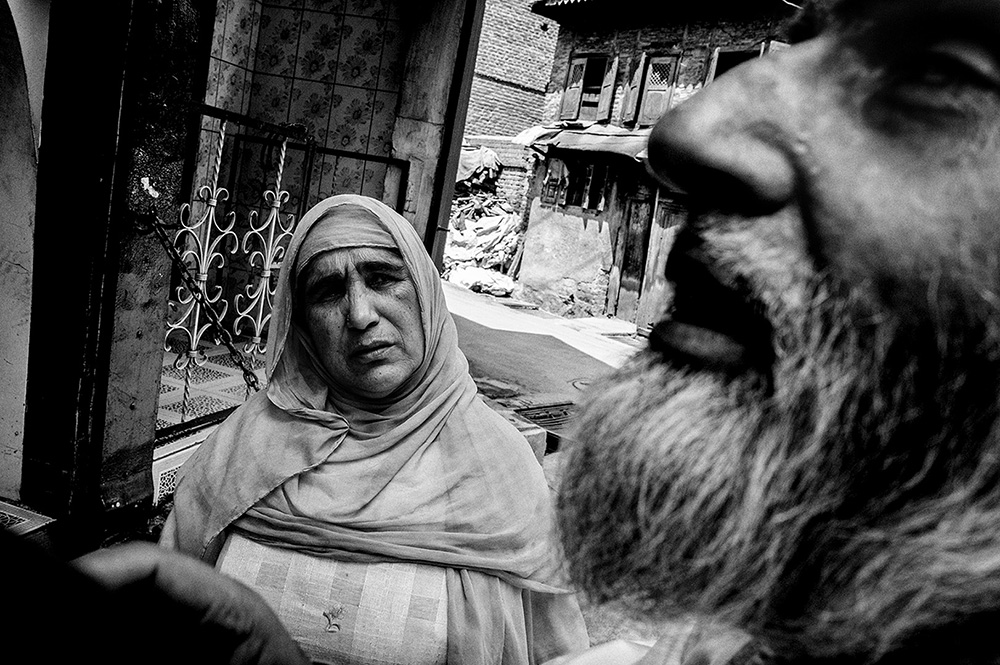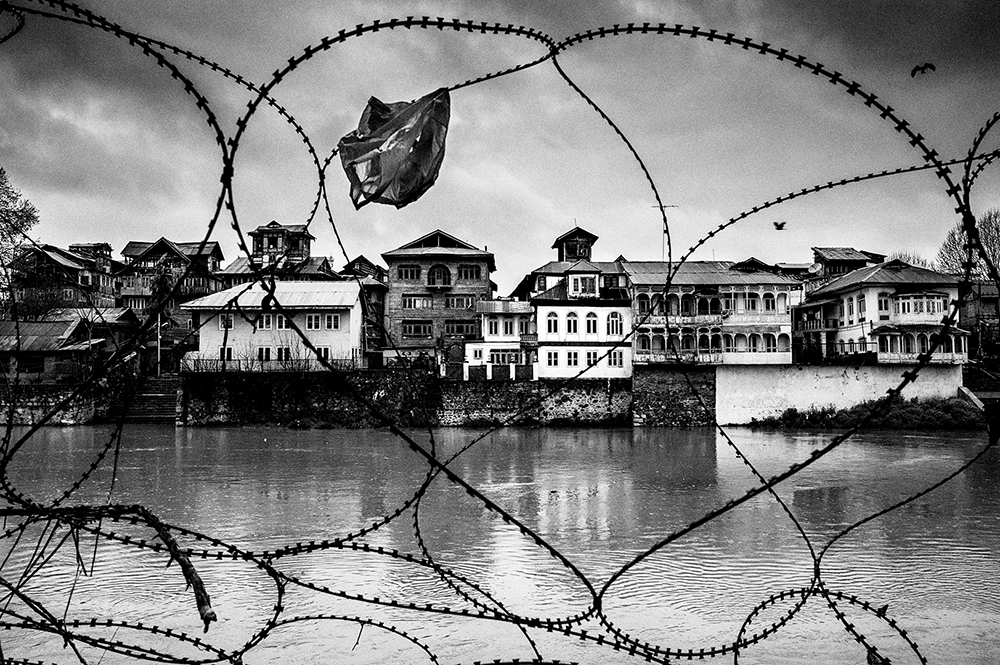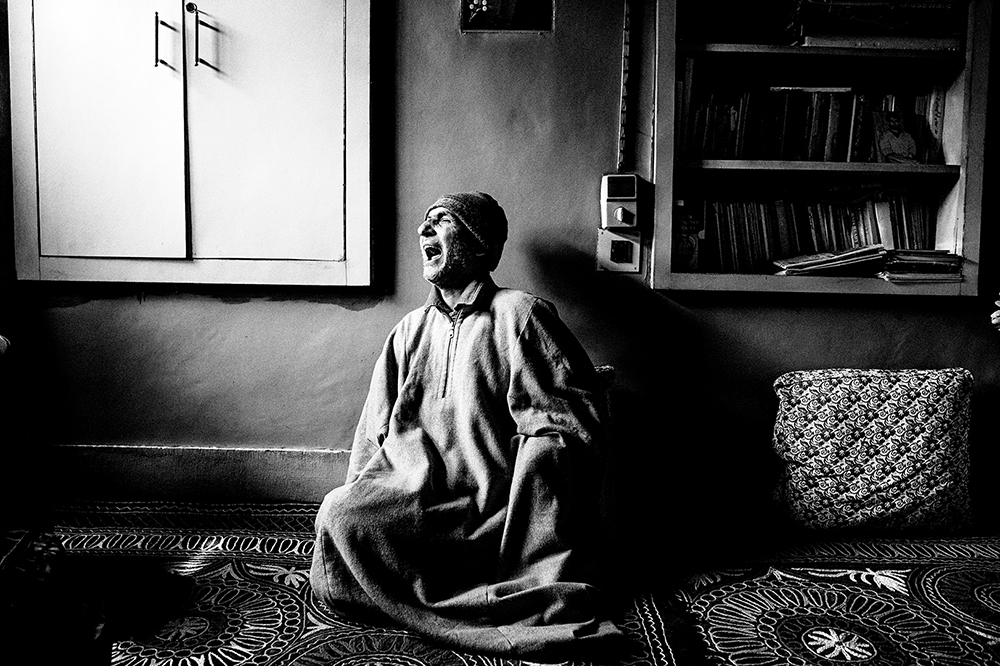At the edge of Jiahd: Oyub the Mujahideen
In 1985, when the mass rebellion of the Indian Kashmir was still not expected, Oyoub Waja was only 20 years old and he was crossing the boundary that still divides the Pakistan side from the Indian side of the former J&K’s princedom. The destination was a military training camp located in Waziristan: these were the years of the Soviet-Afghan war. From that time on, thousands of Kashmiri young people would have run the same way and reached other military camps beyond the boundary to take up weapons, this time against India. In the early 90s, when the war was at its peak, Oyoub was the commander of the downtown area in Srinagar, the summer capital of J&K.He, as other militants did, almost became a myth for young people of a city that was informally under his grip. Then, in September 1993, an accident occurred while he was setting a mine towards a senior officer of the Indian army. The accident was caused by a false contact, a small human distraction. The device exploded in the small room where he stood with another mujahideen and his sister who was serving tea in that moment. These two suddenly died.Oyoub miraculously survived at the blast, though he lost his sight and remained impaired. According to some neighbors it has been Allah’s will to cause all that in order to punish Oyoub for all the things he committed. Oyoub Waja, whose name has been chosen in honor to the Pakistan general Oyoub Khan, he is now alone in the perpetual night of his own world. He is hostile towards everything and everyone: India, the separatists organizations, the politicians in Pakistan, its military body and his neighborhood.
Born in Rome, Fausto Podavini lives and works in his hometown. After graduating in electronics, he obtained a Master of reportage photography at the John Kaverdash Academy in Milan. He first started his photographic journey as an assistant and studio photographer to get always closer to photo reportage. Leaving the studio photography to devote himself exclusively to reportage, he took up a carreer as a freelance and made reportages, through working with various NGOs in Italy, Peru, Kenya. In 2009 he started a collaboration with the Collective Photo WSP, permanently joined in 2010. There, in addition to his photographer role aimed to the realization of common projects, he also worked as a professor of photojournalism. In addition to various reports made in Africa, South America and India,he carried out important works on Italian social realities such as a report on sport for disabled people, another in a juvenile detention center, and a project on Alzheimer's for which he won the first prize of the World Press Photo 2013 in Daily Life section. He is currently pursuing several photographic projects both in Ethiopia and in Kashmir. He has been member of MIFAV University of Tor Vergata in Rome and of La Presse photo agency. He has published in both Italian and foreign magazines and over the years received numerous awards of international fame such as the World Press Photo, PDN Photo Annual, World.Report Awards, Kolga, Vilnius Circle Of Life, Winephoto, Sony Awards and exhibited in numerous cities such as Rome, Milan, Perugia, Paris, Barcelona, Tbilisi, Kuala Lumpur, Yangon, Brooklyn, Buenos Aires.
